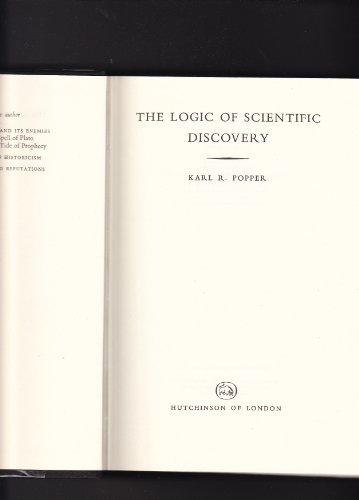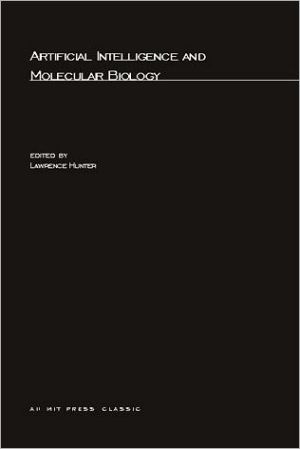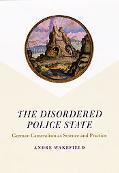Logic as Universal Science: Russell's Early Logicism and its Philosophical Context (History of Analytic Philosophy)
Korhonen, A.
Bertrand Russell was a central figure in the rise of analytic philosophy, and there are few works in the genre whose influence is comparable to The Principles of Mathematics (1903), a book that established him as a major force in British philosophy. Logic as Universal Science takes a fresh look at the context of The Principles. This, it is argued, involves an extended argument against Kant's transcendental idealism and his conception of mathematics as a synthetic a priori science grounded in pure intuition. Philosophically, Russell's logicism substitutes pure logic for pure intuitions as the true source of mathematical knowledge. In this way, logic turns out to be a universal science and very far from Kant's general logic, which is a concise and dry science, delivering nothing but a purely formal criterion for knowledge. The picture of logic emerging from this opposition is investigated in detail for its content and consequences.
General & Miscellaneous Philosophy
| Name in long format: | Logic as Universal Science: Russell's Early Logicism and its Philosophical Context (History of Analytic Philosophy) |
|---|---|
| ISBN-10: | 0230577008 |
| ISBN-13: | 9780230577008 |
| Book pages: | 287 |
| Book language: | en |
| Edition: | 2013 |
| Binding: | Hardcover |
| Publisher: | Palgrave Macmillan |
| Dimensions: | Height: 8.5 Inches, Length: 5.5 Inches, Weight: 1.0802650838 Pounds, Width: 0.69 Inches |











